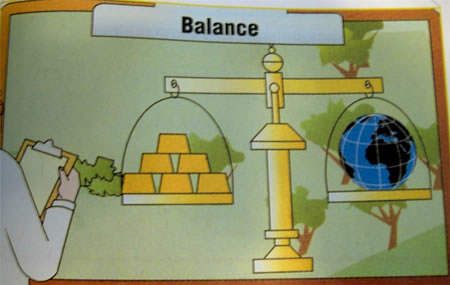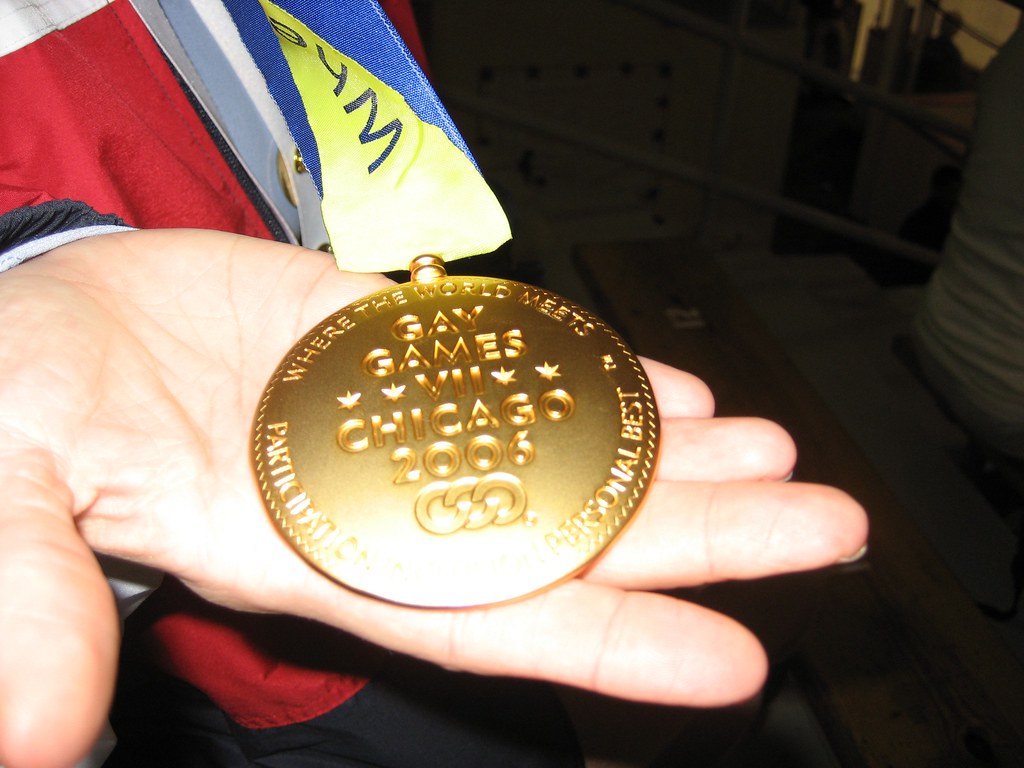No Place to Hide: Behind the Scenes of Our Emerging Surveillance Society
By Robert O’Harrow, Jr.
NON-FICTION – Washington Post reporter Robert O’Harrow, Jr. delves into the world of data-collection and surveillance, and puts together a frightening and disheartening portrait of who is gathering personal information about you and why. I started to compile a big list of all the players and how they’re connected, but it was too long and too confusing to be clear without creating a big information flow diagram.
The basics are these: companies you do business with (cell phone companies, grocery stores, banks, internet providers, credit card companies) are gathering vast amounts of information about you, and storing it in databases. The data they’re gathering is far beyond what you’d expect them to keep — where you go, what you purchase, how fast you drive, the digital imprint of your voice, facial recognition, the names of your friends and family, the price of your home, when you deposit your checks and pay your bills, fingerprints, DNA and other bio-data.
These companies are not only using this data to market to you, they’re selling it to other companies that are data brokers, and they’re making the information available to the government at almost every level (state, local, federal). The data brokers in turn sell the information to other companies, or they let the government have access to it — often to look for terrorists, but increasingly to pursue other criminal investigation, and to try to anticipate if you “might” commit a crime — and that speculation might be quite wild in nature.
Decades ago, people used to worry about the FBI having a “file” on them. Now, every single American — from your two-month old child to your eighty-year-old grandmother — has a government file.
Using the vast storehouses of data, the companies and the government have built data-mining software and artificial intelligence software that sifts through the data looking for anomalies and flagging items of interest. There are no laws about how these programs are written, what they look for, or how they tag or label you when they’ve analyzed your data, so you’re basically guilty until proven innocent in the eyes of this software. This was what scared me most — I used to never worry about data collection, because I figured no one would ever have time to sift through the data. It would take a team of five people to keep track of what I do all day. But this software eliminates that need — you have a team of robots following you around. Unfortunately, due to the insufficiencies in their programming, they’re somewhat retarded robots.
The data gathered about you could be riddled with errors — typographic errors, mistaken identities, other people’s inaccurate subjective judgments (I might be labeled a “liberal extremist” for example) and because you have no access to it, or idea what information is being collected, you have no recourse about correcting problems that might later affect you. O’Harrow lists example after example of people who have pursued and tried to correct mistakes about their identities that led to credit problems, flags on no-fly lists, insurance losses, criminal investigations, etc., only to have the bad data pop back up after being corrected again and again, because the information is passed back and forth from so many data collection agencies.
In addition, these data collection centers are extremely porous and insecure — anyone and everyone could have access to them. O’Harrow also recounts list after list of abuse of personal data, by the employees of companies that collect it, by the data brokers selling it, by government officials at all levels. People are accessing the data for personal use — to stalk attractive women, to hunt down ex-partners for revenge, to using in political campaigns, to sell the information on the black market, to commit burglaries and assaults and securities frauds. They’re also using data in ways far beyond what was intended when it was gathered.
The laws regarding data gathering, storage, data-mining and security are decades behind current technology, so there’s no accountability or recourse. There’s very little regulation of who has access to your personal data, what they use it for, and how you can control it. I kept hoping throughout the book for some light at the end of the tunnel — for O’Harrow to provide some examples of organizations who are pursuing laws to regulate all these databases of information, but there was precious little.
After reading “Our Town” and watching An Inconvenient Truth, this book was a bit too much for me to take, frankly. I think that the only real solace I have is that in the next five years Greenland and Antarctica are going to have a catastrophic meltdown, the sea level will rise 20 feet, and 160 million people around the world will die — then the government will have bigger problems to deal with than wondering about where I bought my toothpaste, and if that means I’m a terrorist.

